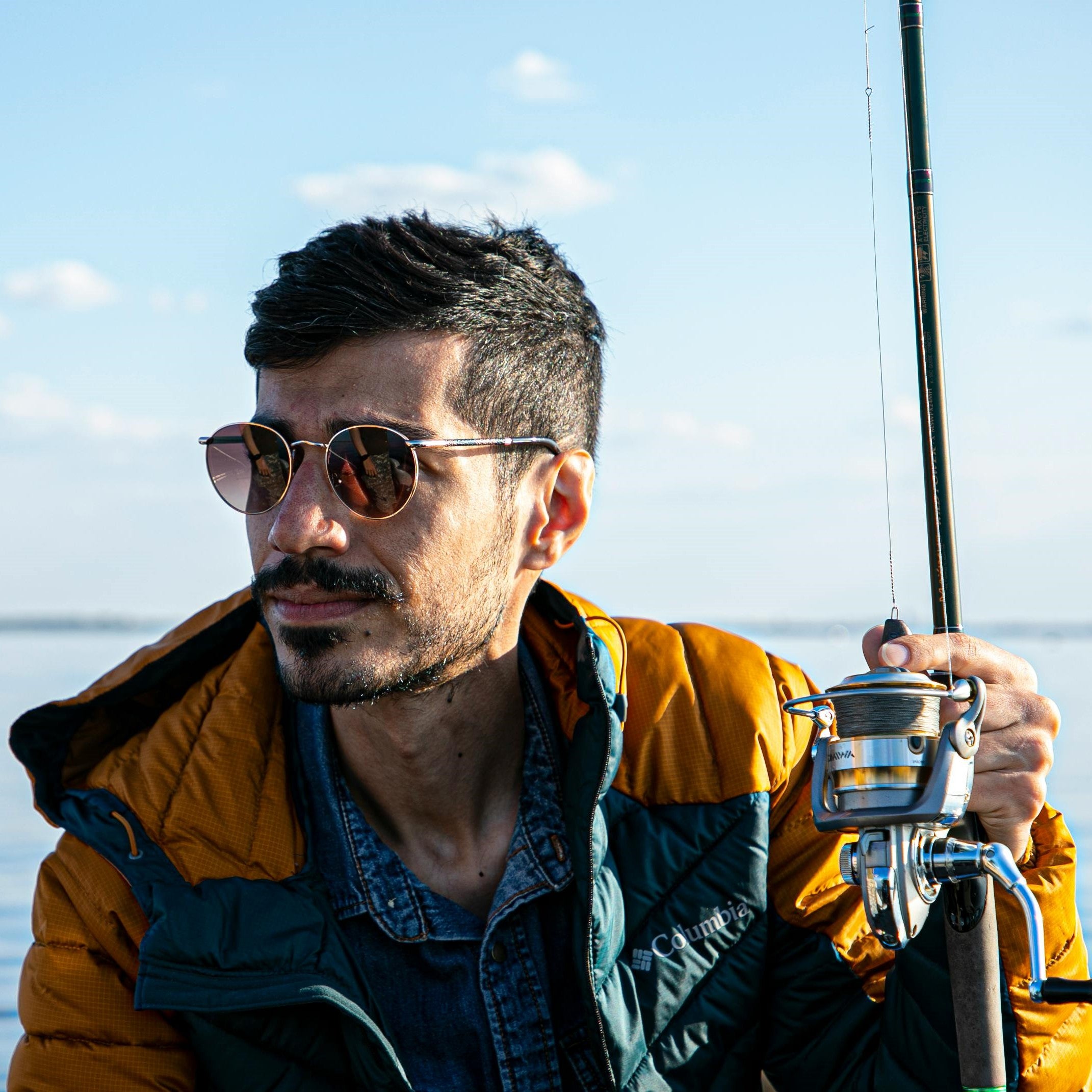
A License to Fish: Conservation & Sustainability vs. Personal Freedom
David Walton
Dec 17, 2024
Fishing, as an inherently personal activity, is rooted in a long tradition of self-reliance and connection to nature. For many, the requirement of a fishing license represents more than just an inconvenience; it is a step toward greater government control over the natural world.
A case could be made that the requirement for fishing licenses stifles personal freedom by asserting the government’s authority over a natural resource that should be freely available to all. If the true goal is conservation, there may be other, more effective, and less intrusive ways to manage fish populations while respecting the right of individuals to access public resources. The balance between environmental protection and personal freedom is a delicate one, and it’s time to consider whether the current system of fishing licenses is the most fair and just way to safeguard the world’s fisheries.
The Origins of Fishing Licenses
The concept of licensing individuals to fish dates back to the late 19th and early 20th centuries. Prior to that, fishing was largely unrestricted, with minimal interference from the government. As populations grew and fishing technology improved, the amount of fish caught began to exceed the capacity of natural habitats to replenish these populations. Overfishing became a concern, and government bodies began to regulate the practice in an effort to ensure the sustainability of fish species.
One of the earliest forms of regulation occurred in the United States in the form of the Lacey Act of 1900. Initially designed to prevent the illegal trade of wildlife, this law also required permits for the catching and selling of fish in certain areas. Over time, this morphed into more specific state-level regulations, including the introduction of fishing licenses in the early 20th century. The idea was simple: by limiting the number of people who could fish and controlling when and how they could fish, authorities could protect natural resources and preserve fish populations for future generations.
The Environmental Argument
Supporters of fishing regulations often point to the environmental benefits of such laws. By limiting the number of people who can fish, or the amount of fish they can catch, governments claim they are ensuring the sustainability of species and habitats. These regulations are argued to help prevent overfishing, protect aquatic ecosystems, and ensure that fish populations remain stable over time.
While these arguments have merit, they fail to consider the possibility of alternative, less intrusive methods for preserving natural resources. For instance, private landowners could take on greater responsibility for maintaining fisheries on their land, creating an environment where people could fish freely without government intervention. Additionally, many conservationists advocate for voluntary measures or local community-run management plans, where those who fish take an active role in preserving the ecosystem.
By relying solely on top-down government regulations, including mandatory fishing licenses, individuals are denied the ability to govern their own actions, especially when they can be trusted to respect environmental principles.
The Call for Freedom in Fishing
Fishing, as an inherently personal activity, is rooted in a long tradition of self-reliance and connection to nature. For many, the requirement of a fishing license represents more than just an inconvenience; it is a step toward greater government control over the natural world.
A case could be made that the requirement for fishing licenses stifles personal freedom by asserting the government’s authority over a natural resource that should be freely available to all. If the true goal is conservation, there may be other, more effective, and less intrusive ways to manage fish populations while respecting the right of individuals to access public resources. The balance between environmental protection and personal freedom is a delicate one, and it’s time to consider whether the current system of fishing licenses is the most fair and just way to safeguard the world’s fisheries.
In summary, while commercial fishing licenses are necessary for resource management, personal fishing licenses may unnecessarily limit access to a natural resource that should be freely available. Finding a balance that protects ecosystems without restricting personal freedoms could be the key to a fairer approach to fishing regulations. ~
← Older Post Newer Post →

